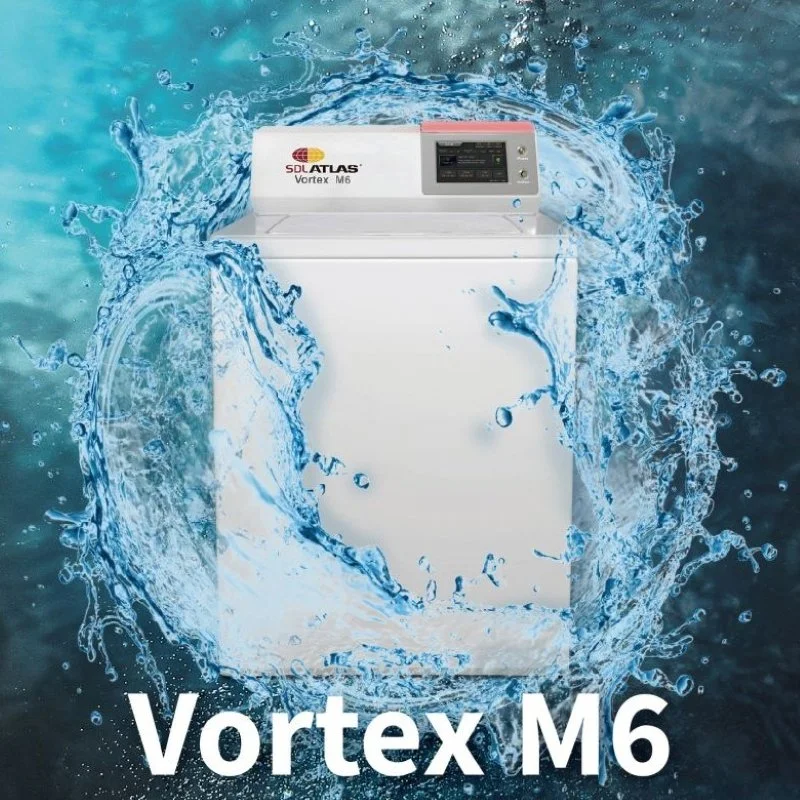New EU Laws Set To Curtail Greenwashing And Enforce Substantiation Of Explicit Environmental Claims
Image By Courtesy of Wikipedia
22 March 2023 : The European Commission took a step towards better consumer protection in the EU today, by proposing a new law to address vague and misleading green claims.
The European Environmental Bureau (EEB) welcomes the proposals and urges colegislators to boost the ambition and make fast progress in adopting these laws.
The Green Claims Directive will help clear the EU market of unreliable and confusing green marketing, by establishing what companies must do to prove and communicate their green credentials.
As consumers increasingly care about the environmental impact of what they buy , about 75% of the products on the EU market carry an implicit or explicit green claim ; however, more than half of these claims are vague, misleading or unfounded, while almost half of the 230 ecolabels available in the EU have very weak or no verification procedures.
The Commission’s proposal sets minimum rules for companies to back up their claims, including a prohibition to use any product rating system that is not based on EU common rules.
It also sets minimum transparency requirements for sustainability labels, which will have to be verified by an independent third party, such as the EU Ecolabel, and it establishes a registry of the ecolabels that can be trusted.
Moreover, companies will be obliged to provide independent supporting evidence alongside their green claims, and market surveillance authorities will have to enforce this provision with regular checks and severe penalties in case of infringement.
However, the EEB regrets the lack of a clear ban on carbon neutral claims and on the use of green claims on products that contain hazardous chemicals, and urge the European Parliament and national governments to prioritise these provisions during the upcoming negotiations on the Directive.
Blanca Morales, Senior Coordinator for EU Ecolabel at the EEB, said: “The Green Claims Directive is a promising tool to wipe out the misleading claims that muddy the waters of sustainability and make it hard to distinguish between the companies who strive to reduce their impacts and those who just greenwash their products. It is now urgent to crack down on climate-washing claims and to ensure that products containing hazardous substances are not sold as green.”
What Is The Legal Context?
The Green Claims Directive is a key piece in the puzzle of the Sustainable Product Initiative presented by the Commission one year ago. While the original aim was to oblige companies to substantiate their environmental claims using the PEF method, the Commission has now expanded its scope to regulate all types of green claims, including also those not covered by the PEF.
The new law should work hand in hand with the Directive on Empowering the Consumers for the Green Transition (ECGT), currently under scrutiny by the European Parliament. While the ECGT Directive will rule what companies cannot do (i.e., which claims are considered unfair commercial practices), the GCD will establish how they can operate (i.e., which methodologies companies should use to substantiate and communicate their green credentials).
The Green Claims Directive will also complement the Ecodesign for Sustainable Products Regulation (ESPR). While the latter sets obligations for mandatory information, the GCD will concern voluntary claims
Unfair Green Claim Pracices Cited
The list of commercial practices which are considered unfair in all circumstances, in Annex I of Directive 2005/29/EC, is extended to four practices associated with greenwashing:
·Displaying a sustainability label which is not based on a certification scheme or not established by public authorities.
·Making a generic environmental claim for which the trader is not able to demonstrate recognised excellent environmental performance relevant to the claim.
·Making an environmental claim about the entire product when it concerns only a certain aspect of the product.
·Presenting requirements imposed by law on all products in the relevant product category on the Union market as a distinctive feature of the trader’s offer.
The proposal on empowering consumers for the green transition thus addresses a wide range of practices, products and sales methods in a more generalised way. It provides important safeguards to protect consumers from misleading environmental claims and unreliable labels.














































